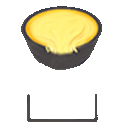Henüz Arama Yapılmadı
Henüz Arama Yapılmadı
Sağlam Metal
download app

EN
TL


